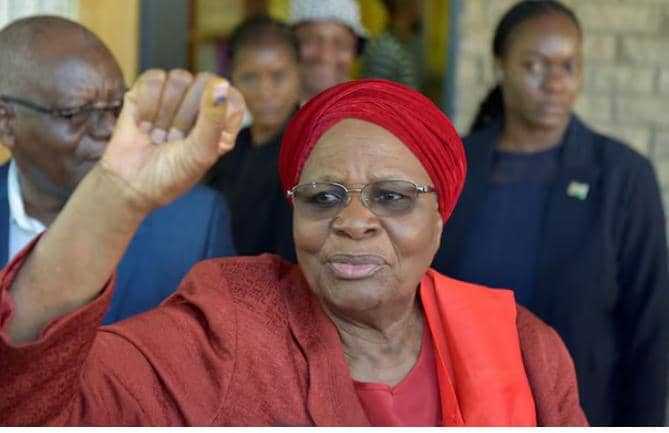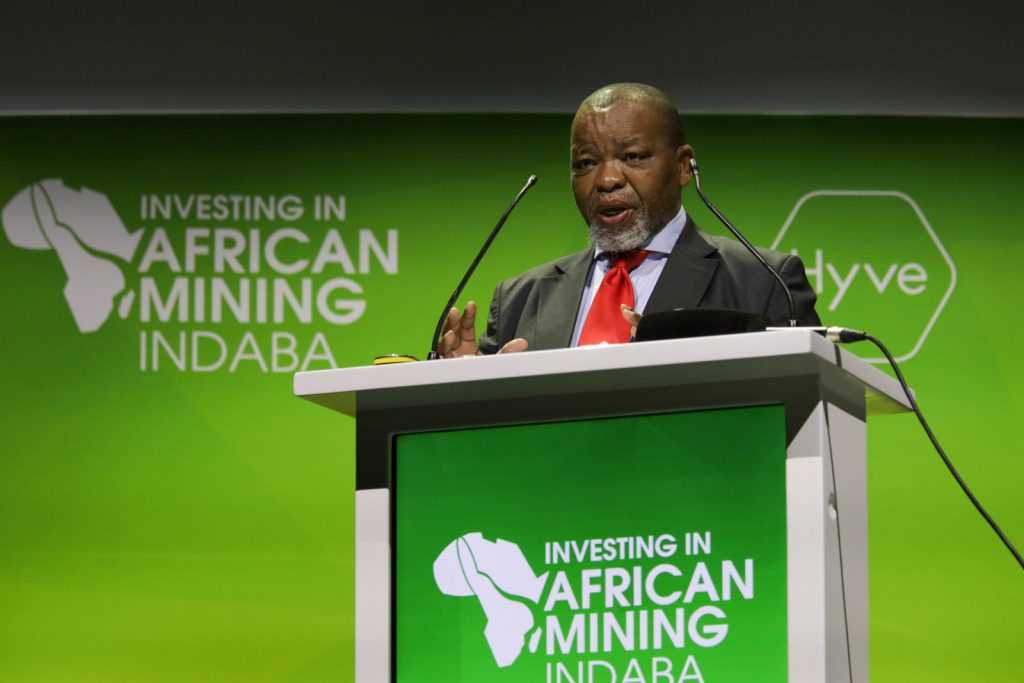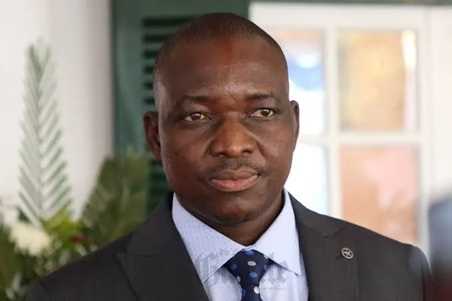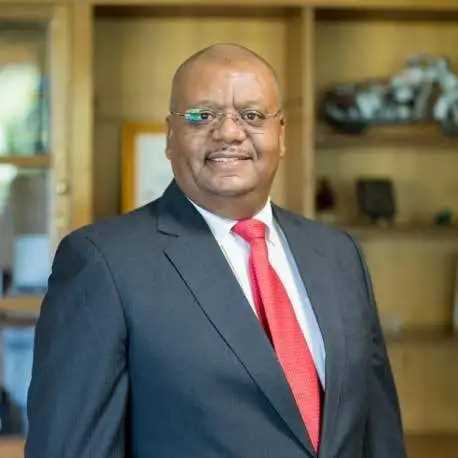
Zim Now Writer
Namibia's President-elect Netumbo Nandi-Ndaitwah has pledged "radical shifts" to address the country's entrenched issues of poverty and unemployment. In her first press conference since her electoral victory last week, Nandi-Ndaitwah emphasized that her presidency would break from past practices, calling for bold action to tackle Namibia's socio-economic challenges.
At 72, Nandi-Ndaitwah is set to make history in March as Namibia’s first female president. Her leadership could mark a departure from some of the policies of her SWAPO party, which has governed the nation since independence in 1990. While she refrained from detailing her plans, she highlighted the need for land reform and a fairer wealth distribution in one of the world’s most unequal countries.
Related Stories
Despite being classified as an upper-middle-income country by the World Bank, Namibia struggles with stark inequality rooted in its apartheid history. According to a 2021 government report, 43% of the population experiences "multidimensional poverty," which factors in income, education, and access to public services.
Nandi-Ndaitwah won with 57% of the vote, but opposition parties, including the Independent Patriots for Change, plan to challenge the results, citing voter suppression and logistical issues during the election. The electoral commission, however, has declared the process free and fair.
The country’s burgeoning oil sector has attracted major international interest, with discoveries by companies such as TotalEnergies and Shell. Nandi-Ndaitwah has signaled openness to foreign investment, provided it aligns with national terms. Analysts suggest SWAPO’s continued rule offers stability for energy investors but note the absence of concrete timelines or targets for local participation in the sector.
Her presidency is poised to be a defining moment for Namibia, as citizens await her strategies to bridge inequality and capitalize on the country’s economic potential.



















Leave Comments